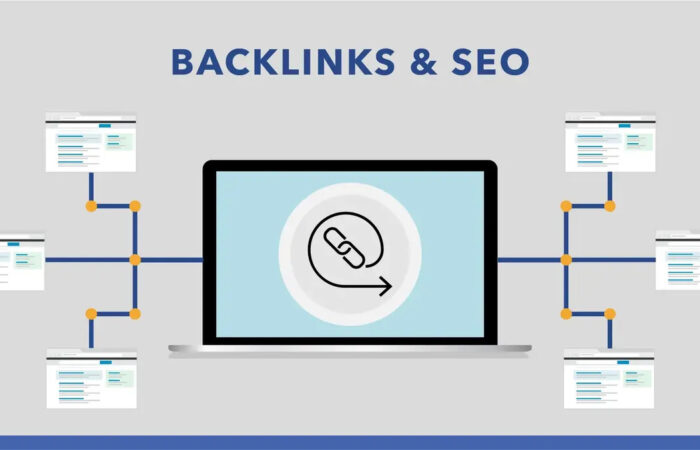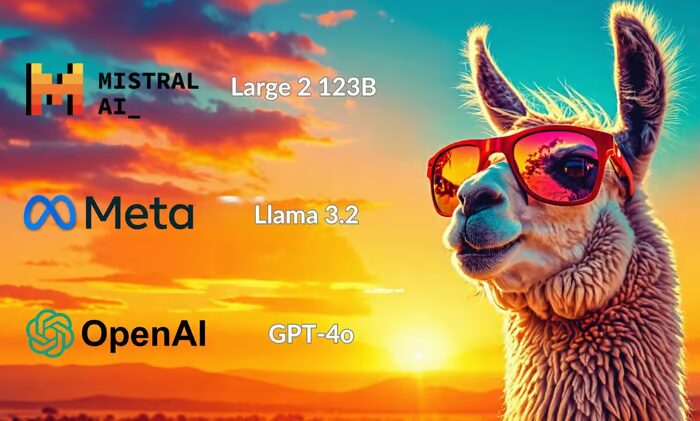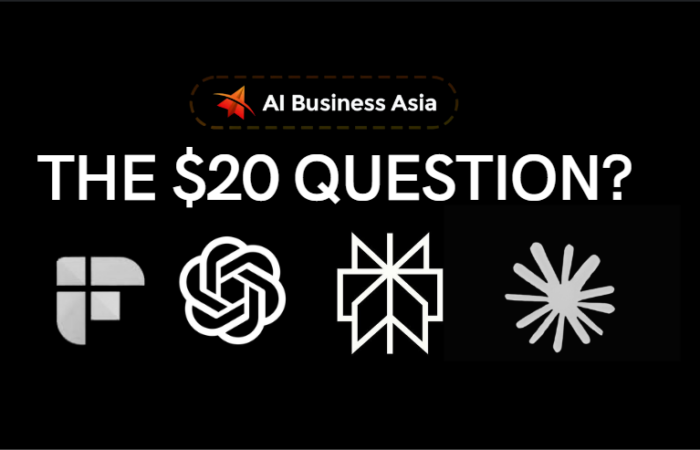
This is Part 1 of a series by Adeel Khan, a Senior Technical Specialist at Microsoft, on how can enterprises leverage Microsoft Copilot to power their AI transformations.
Introduction
A few weeks ago, an unexpected Monday morning panic set in. Emails flew back and forth, blending excitement with anxiety. This all stemmed from a four-line email sent by the chairperson of a renowned government agency, requesting a three-hour training on generative AI in the workplace.
The excitement was undeniable, but the chairperson’s seriousness heightened our anxiety. The leadership dedicated three hours to exploring challenges, opportunities, and paths to a transformative workplace, making it crucial for us to deliver an impactful session.
Along with fellow speakers, I jumped into action and couple of days later found myself in a beautifully decorated boardroom with a scenic view and eagerly waiting attendees. As we were about to start, the chairperson requested to share the thoughts and reasons behind this sudden rush. He said, and I quote,
“We are increasingly challenged at work every day. Every role in the organization has more to do than yesterday, and the battlegrounds are getting tougher. I saw my assistant start using generative AI to schedule my calendar, and I can feel the improvement and success they have attained in a short time. I want this success to be more common.
I want the calm that I see on their face now to be more common across the organization, and I want to be the first to learn how I can help evolve the culture of the organization to embrace the generative AI transformation of the workplace.”
I was blown away by the simplicity and clarity of intent. The remaining conversation followed the trend set by the chairperson and discussed how and what challenges needed to be addressed in an enterprise’s AI transformation journey.
Some of the key challenges discussed, and often seen in other organizations, are:
1. Content Creation and Personalization:
One of the significant challenges in many industries is the need for high-quality, engaging content that resonates with the target audience. This includes creating images, videos, graphics, and written content that is not only informative but also captivating. In healthcare, for instance, creating engaging patient wellness newsletters and personalized communications can be a daunting task. The challenge lies in producing content that is both accurate and appealing, which requires a deep understanding of the audience and the ability to generate creative ideas consistently.
2. Automation and Efficiency:
Many industries struggle with repetitive tasks that consume valuable time and resources. In the retail sector, for example, tasks such as inventory management, order processing, and customer service operations are often repetitive and time-consuming. These tasks can lead to inefficiencies and increased operational costs. The challenge is to find ways to automate these processes without compromising on accuracy or quality, thereby freeing up human resources to focus on more critical tasks. At times, the knowledge of these processes, possible solutions, and best practices are held by people at the operation level. The challenge is to ensure they can pass them on with ease and in a way that others around them can benefit without becoming a problem.
3. Enhanced Customer Support:
Providing instant and accurate responses to customer queries is a significant challenge for industries such as banking and insurance. Customers expect quick and personalized support but managing a high volume of inquiries can be overwhelming, especially in contact centres or agent consoles that handle over 100 applications. The challenge is to ensure that customer support is not only efficient but also personalized and empathetic. This requires a deep understanding of customer needs and the ability to provide relevant solutions promptly. Validating multiple sources of knowledge and drafting crisp yet relevant messages can impact the average handling time, customer satisfaction, and reduction in prolonged loops.
4. Problem-Solving and Innovation:
Businesses often face complex problems that require innovative solutions. The challenge lies in defining, exploring, evaluating, and implementing these solutions effectively. This requires a diverse set of ideas and the ability to measure and refine solutions continuously. For businesses looking to innovate and stay ahead of the competition, the challenge is to foster a culture of creativity and continuous improvement.
Similar to what has been discussed above under automation and efficiency, empowering business users with the right tools and a minimal learning curve would set the organization on a fast-track transformation and innovation journey.
5. Orchestration of Transformation
The rise of AI technologies brings with it a host of ethical and regulatory challenges. Issues such as bias in AI models, intellectual property concerns, and the need for ongoing regulatory compliance are significant hurdles. These challenges can be further complicated if employees, teams, or departments start bringing their own generative AI assistants or tools to work. While the organization wants to benefit from the AI transformation storm, there is a need for a clear strategy, planning, and orchestration to avoid any misuse or harm to existing assets.
The Promise of AI Transformation
These are just a few of the challenges I often find in interactions similar to what was referred to earlier. The promise of generative AI transformation is real and probably game-changing, but the challenges are real as well. It does need leadership like the chairperson to take the first step of mastering themselves and cascading the knowledge and culture.
In the follow-up of this article, I will discuss some of the adoption learnings and experiences that have already started making a positive financial, cultural, and employee satisfaction impact.
About the Author
Adeel Khan is a distinguished Senior Technical Specialist at Microsoft, renowned for driving enterprise-grade digital transformations. In his role at Microsoft Operations in Singapore, Adeel has been recognized as an AICopilot Champion, helping Fortune 500 organizations adopt and transform the future of work.
With nearly two decades of experience, Adeel has a deep understanding of cloud solutions, AI and ML, and data management solution architectures that consistently deliver customer success and profitability. His global professional journey spans across Pakistan, UAE, Malaysia, and Singapore, enriching his perspective and enhancing his ability to navigate complex technological landscapes.
You can find him on LinkedIn → here
Subscribe To Get Update Latest Blog Post








Leave Your Comment: